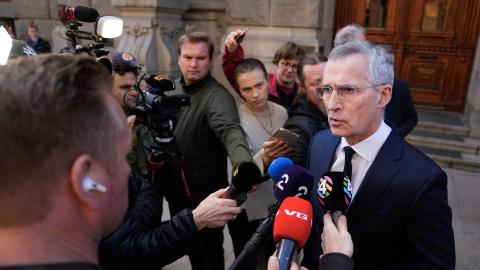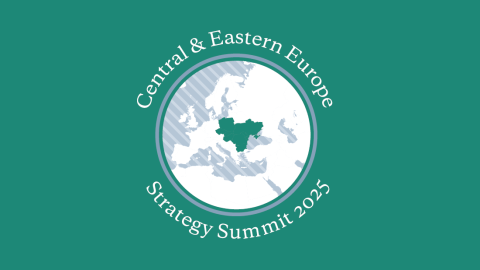The Obama administration, and Reuters, have tried to put the best face on the October 28 invitation for Iran to join Syrian peace talks in Vienna. “Arch rivals Saudi Arabia, Iran to discuss Syria face-to-face for first time,” reads the Reuters headline. “The United States is prepared to work with any nation, including Russia and Iran, to resolve the conflict in Syria,” said White House spokesman Eric Schultz after the announcement.
The truth is, this is a deep humiliation for the Obama administration, one of many it’s suffered in the Middle East — although this time even Obama and Kerry seem to know it.
Iran’s presence at the diplomatic table means only one thing: that Bashir Assad will remain dictator of Syria, and the Obamaites are now fully resigned to that reality.
Bringing Iran along was Vladimir Putin’s idea; one more flourish in his new role as power broker in the Middle East. As the New York Times has reported, at first the United States objected, knowing that this now stacked the diplomatic deck in Vienna with Assad’s biggest supporters Russia and Iran — with his biggest opponents, the Saudis and the Syrian National Coalition based in Turkey, looking increasingly impotent to bring any leverage to bear to force Assad out, and to put a pro-Sunni government — any government — in.
The reason is simple. Iran and Russia have serious skin in the game in Syria, with armed fighters — including the elite Quds Force in Iran’s case and jet fighters and leading elements of a Marine brigade in the case of Russia. The United States does not; Obama has been content to send in signals from the sidelines, but the clearest signal our allies in the region have gotten from the White House is that America is unwilling and unable to affect the course of events in Syria beyond pin-prick air strikes against ISIS. This is now Putin’s show, Obama’s passivity has been implying, and if he wants to bring Iran to the festivities in Vienna, we’re not in a position to stop him.
The EU, meanwhile, is ecstatic at this development. They see placating Putin’s wishes in the Middle East as a way to keep his attention away from Eastern Europe — and placating Iran as a way to land lucrative contracts with Tehran once economic sanctions are finally lifted. British foreign minister Philip Hammond, who is an arch-Putin appeaser, has said he hopes the meeting in Vienna will encourage “dialogue” between the Saudis and Iran, so that “eventually these two countries are able to talk to each other . . . are able to seek solutions peacefully.”
This is diplomatic double-talk. The fact is, Iran’s presence in Vienna is one more step in the corruption of the international system, like Obama’s Iran nuclear deal — and one more signal to the world that America’s retreat from world affairs is fast becoming an American surrender.


















